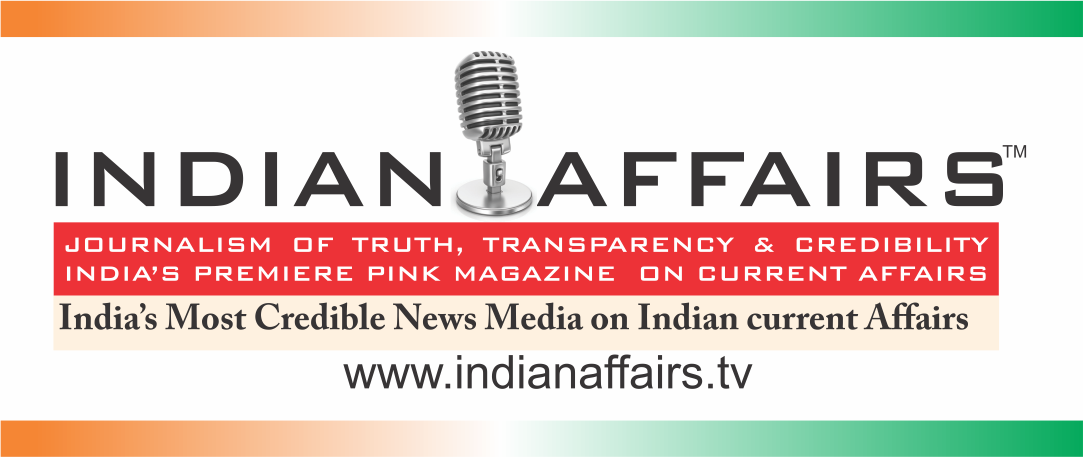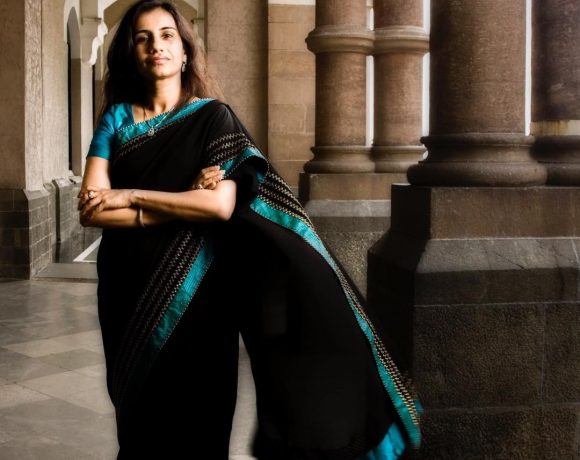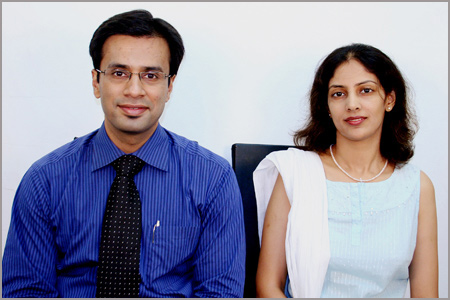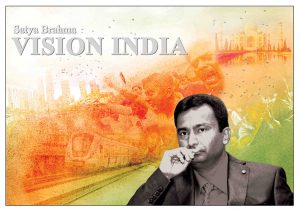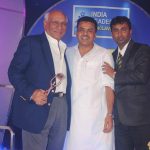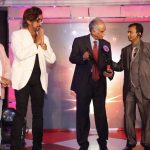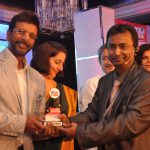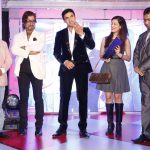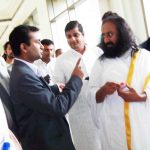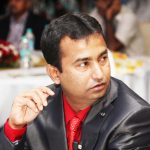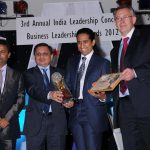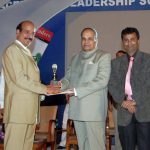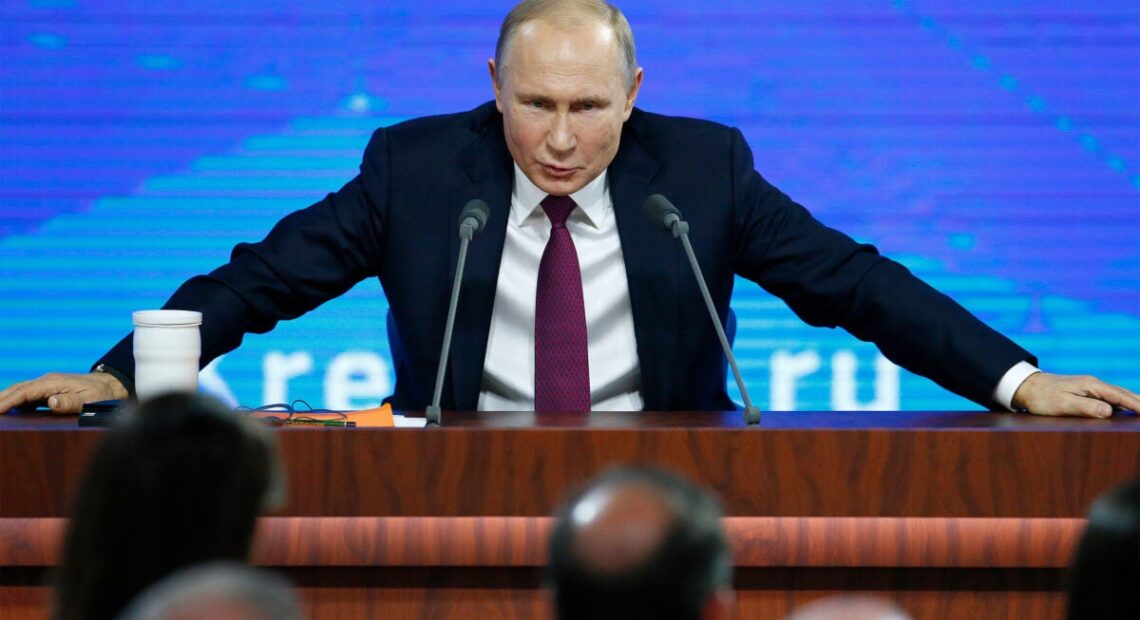

Before finding success as a nonfiction writer, Tamim Ansary briefly worked as an editor of world history textbooks. The job was not easy. Ansary had to explain complicated events using the simplest of terms and, while doing so, had to stick to microscopic word counts. On top of that, he had to choose which historical details were worth including and which were not.
It was during this period that Ansary first began thinking of history as a story — a narrative that, far from being set in stone, is constantly being edited by different people for different reasons. Now, the same questions Ansary once pondered by himself are being debated on both a national and international level.
Debates about history and how it should be taught occur everywhere. In America, there are intense disagreements on the extent to which students should focus on the darker episodes of the nation’s past, from slavery to Japanese internment. In Europe, there are disagreements about how the Holocaust should be taught, such as in regard to each country’s culpability in perpetrating the genocide. On the flip side, Japanese kids barely even learn about World War II.
As a result, the plot lines of history can be rather flexible. For instance, ever since the end of the Korean War, the North Korean government has presented a view of history that grossly overstates the influence that Kim Il-sung and his family members have had on the development of the country. Recently, Vladimir Putin promoted a revisionist history denying Ukraine’s statehood and independence from both Russia and the Soviet Union. Putin’s speeches and essays, which have been heavily criticized by historians from both sides of the Iron Curtain, provided a false justification for Russia’s invasion of the country on February 24.
It was partly in response to issues like these that Ansary wrote his new book, The Invention of Yesterday: A 50,000-Year History of Human Culture, Conflict, and Connection. Though technically a history book, The Invention of Yesterday is more concerned with the philosophy of history than with history itself: Ansary tries to show how historical narratives are made, and how they make us.
The philosophy of history
People tend to think of history in unambiguous terms, and yet this discipline is anything but straightforward. What should theoretically be a precise record of everything that has ever happened often materializes in the form of incomplete and heavily biased accounts of past events.
While appearing on a recent episode of Throughline to discuss his book, Ansary explained that he approaches history the same way he does his own past. For instance, he thinks of himself as neither Afghan nor Norwegian, but as the son of a Norwegian mother and an Afghan father. His mother, he adds, was working class, and his father was well-to-do according to the standards of his country.
Ethnicity, gender, and class are all factors that play an equally important role in Ansary’s past; if one of them is left out, the entire reconstruction of that past collapses. “History,” Ansary told his NPR hosts, “is composed of facts the way that a cathedral is composed of bricks. But the bricks [themselves] are not the cathedral. The cathedral is the way the bricks are put together.”
Crimean WarLeo Tolstoy briefly fought in the Crimean War until he realized the conflict was pointless. (Credit: William Simpson / Wikipedia)
Ansary’s view on history mirrors that of Russian author Leo Tolstoy, who wrote about the subject at length in the epilogue of his famous novel War and Peace, which follows several aristocratic Russian families during the country’s decisive war against Napoleon Bonaparte in the early 19th century.
Tolstoy wrote the novel as a response to the way historians had been interpreting the war. The academic community at the time was enthralled with the so-called Great Man Theory. This theory, popularized by the Scottish philosopher Thomas Carlyle, holds that history is driven by (and can be reduced to) the actions of a small number of unique and influential individuals. At the height of his power, Napoleon was taken to be one of these “great men.” Georg Hegel, the most influential philosopher of his age, referred to the emperor as “the soul of the world.” In Hegel’s philosophy of history, which is based on conflict between ideas or ways of life, Napoleon was someone who could reconcile France’s monarchical past with its republican future.
Tolstoy disagreed with the notion that history could be written by the will and actions of a single person. Having previously served in the Crimean War, the author knew that descriptions from history books seldom matched the reality they purported to reconstruct. History, like war, is chaotic and unpredictable, consisting of so many moving parts that summarizing it all would be impossible and pointless.
Tolstoy insisted the intertwining tales of individual people — like those found in War and Peace — provided a more truthful telling of the Napoleonic War than most history books. “Only by taking infinitesimally small units for observation,” the epilogue reads, “and attaining to the art of integrating them (that is, finding the sum of these infinitesimals) can we hope to arrive at the laws of history.”
The historical narrative of Russia: a case study
While The Invention of Yesterday was released months before Russia’s invasion of Ukraine, the questions posed in Ansary’s book happen to serve as a good starting point to study the geopolitical discussions that preceded this ongoing conflict — discussions about the history of Russia-Ukraine relations and Russia’s overall role on the world stage.
In a televised address delivered on February 24, Putin offers a convincing but grossly inaccurate narrative of modern history. The Russian president frames his invasion of Ukraine as a long-overdue pushback against the “eastward expansion of NATO, which is moving its military infrastructure ever closer to the Russian border.”
The story that Putin is telling his country begins where Mikhail Gorbachev’s had ended. After the collapse of the Soviet Union in 1991, Russia lost its position as a global superpower, and many of the eastern European states that were long ago amalgamated into the USSR suddenly regained their political, economic, and cultural independence.
Gorbachev USSRPutin believes the Soviet satellites were stolen by the West. (Credit: White House Photographic Collection / Wikipedia)
The Soviet Union’s collapse, Putin continues, disrupted “the balance of forces in the world,” as Western countries — supposedly emboldened after winning the Cold War — violated international relations by backing separatists in post-Soviet Russia, increasing U.S. presence in Eastern Europe, and launching military operations in Iraq, Libya, and Syria.
Many historical details mentioned in the address are technically true — Russia lost considerable influence after 1991, and conflicts like the Iraq War are widely considered as acts of imperialism. However, echoing Ansary’s cathedral analogy, it is the way in which Putin assembles and interprets these details that’s problematic. For instance, Western historians interpreted the collapse of the USSR as further evidence of the inherent instability of totalitarian states. Putin contextualizes this development within Russian (as opposed to Soviet) history, viewing the said collapse and the subsequent political concessions as an effective but temporary attack on the Russian people and their way of life.
This is the central plotline of Putin’s historical narrative, which posits the restoration of Russia’s international authority as the final and sole object of his country and its people. “The paralysis of power and will is the first step towards complete degradation and oblivion,” he warns. “We will not make this mistake the second time. We have no right to do so.”
The story of Ukrainian independence
The world has been aware of Russia’s intense interest in Ukraine since its annexation of Crimea in 2014. However, fear of a full-scale invasion did not become widespread until Putin published an essay last summer titled, “On the Historical Unity of Russia and Ukraine,” in which he argues that the two countries share a common history and should have never been separated.
Scholars quickly condemned the essay as revisionist history — a contorted version of past events focusing only on things Russia and Ukraine have in common, not what makes them unique. Worse, Putin falsely claims that Ukraine’s Europeanization was a strategic move orchestrated by Russia’s enemies, rather than a decision the country had made of its own accord.
In the past few months, and especially the past week, Eastern European writers, historians, and policymakers have tried to expose the plot holes in Putin’s narrative. Russia’s freshest claim to the country — it having been part of the USSR — can be disputed on grounds that Lenin, a believer of spontaneous world revolution, insisted that the Soviet satellites be granted self-determination.
Although both Russia and Ukraine can trace their lineage back to the days of Kievan Rus’, this early-medieval federation of Slavic, Baltic, and Finnic peoples dispersed into distinct communities as soon as it dissolved. According to Björn Alexander Düben, a professor of public affairs at Jilin University, the first linguistic differences between Russian and Ukrainian emerged as early as the 13th century.
Divergence in language was followed by a divergence in culture and religion. Starting in the 15th century, a schism in the Orthodox faith resulted in Moscow and Kiev’s churches developing distinct liturgical practices. The Cossacks, a group of east Slavic Orthodox Christians that have played a key role in both the histories of Russia and Ukraine, have long been recognized as politically autonomous, their allegiance split between Russia and Poland.
“A glance into Ukrainian history,” writes Düben on a blog for the London School of Economics, “reveals that [Putin’s assumptions] are based on a dangerously distorted reading of the past.” In a move that would make Tolstoy roll over in his grave, Russia is heralding its own story while rejecting that of Ukraine and the people that live there.
Ultimately, the problem is not that Putin adheres to a narrative but that he adheres to a meta-narrative: a grand storyline that acknowledges neither the history of the USSR nor Ukraine’s independent statehood. Whether Russia’s invasion will be stopped is not yet clear. Still, critics of Putin might take solace in the fact that, in time, all meta-narratives collapse in on themselves. Even his.
Early Life 7 Rise
Vladimir Putin was born on October 7, 1952, in Leningrad, now St Petersburg, a city that had been under siege for 900 days in the Second World War. Putin was a street kid, small for his age and bullied
The first time Vladimir Putin waged war it was against the rats which infested the corridors of his bleak boyhood home in a dilapidated Soviet apartment block.
Telling the story of those vermin now, he makes clear he won his battles against them, possibly using the story to illustrate how he overcame post-war devastation and poverty to succeed.
In First Person: An Astonishingly Frank Self-Portrait, published in 2000, he writes: “There were hordes of rats in the front entryway. My friends and I used to chase them around with sticks.
”Once I spotted a huge rat and pursued it down the hall until I drove it into a corner. It had nowhere to run. Suddenly it lashed around and threw itself at me. I was surprised and frightened. Now the rat was chasing me.“Luckily, I was a little faster and I managed to slam the door shut in its nose. There, on that stair landing, I got a quick and lasting lesson in the meaning of the word cornered.”
The anecdote may be part of his carefully curated narrative, but it gives us a glimpse into the making of the man who now has the world holding its breath.
Putin was born on October 7, 1952, in Leningrad, now St Petersburg, a city that had been under siege for 900 days in the Second World War. More than a million people had died of starvation, many families entirely wiped out.
In the war, Putin’s father, Vladimir, was away fighting, while his mother, Maria, almost starved to death. Putin writes: “Once my mother fainted from hunger. People thought she had died, and they laid her out with the corpses. Luckily Mama woke up in time and started moaning.”
His father was one of only four of the 28 men in his unit to come home from the war, and for the rest of his life limped because of shrapnel injuries.The couple are believed to have lost their two older children, one to diphtheria during the war, the second from another childhood illness.
Vladimir Putin was a “miracle baby” who arrived late. His communal home was dire, shared with two other families.
His former school teacher Vera Dmitrievna Gurevich said: “There was no hot water, no bathtub. The toilet was horrendous. And it was so cold, awful.”
Putin was a street kid, small for his age and bullied so he had to toughen up fast.
Masha Gessen, author of The Man Without A Face: The Unlikely Rise Of Vladimir Putin, says: “Putin’s parents worked pretty much around the clock, his mother various unskilled jobs, his father at a factory. He was left to his own devices. He hung out in the courtyard with other boys, like all children did.
“And he was often picked upon and bullied until he started studying Sambo, a version of martial arts, and then later switched to Judo so he could compete.”
He is now a black belt and likes the world to know it, some even referring to his inner circle as a “Judocracy”. Putin reflected in 2015: “50 years ago the Leningrad street taught me a rule: if a fight is inevitable you have to throw the first punch.”
Masha says: “He’s scrappy, very ambitious, very, very greedy.”
She says Putin’s doting parents fed that greed. He had a wristwatch as a teen – something his dad didn’t have. When they won a car they reportedly gave it to their student son.
Masha suggests by treating him as their “king”, Putin’s parents gave him a sense of entitlement. She said: “There’s a lot of proof he feels he is chosen now.”
The proof could include his sprawling “Putin’s Palace” home, and those photos of him riding horses bare-chested. More recently, making French President
Emmanuel Macron sit at the other end of a ridiculously long table says everything about his need to feel superior.
According to the Kremlin website, Putin wanted to work in intelligence “even before he finished school”, and volunteered at 16. He holds a law degree from Leningrad State University plus a doctorate in economics, and was picked from 100 or more students for the KGB.
Pavel Koshelev, a college classmate and fellow KGB officer, said: “His most outstanding trait, I would say, was his fighting spirit and his strong will to achieve his goals.’’
In the late 1980s, Putin was posted to Dresden, East Germany, reportedly to work in counter-espionage
